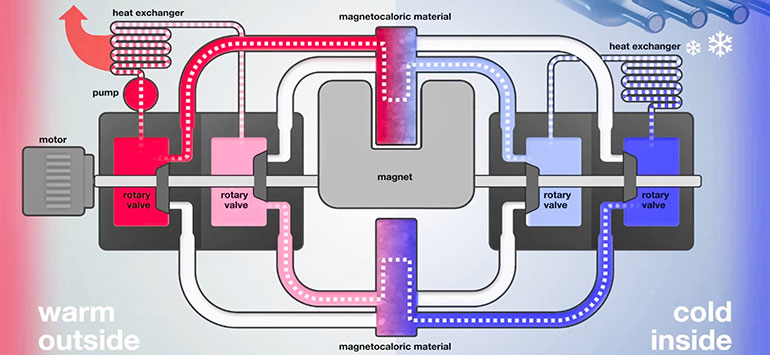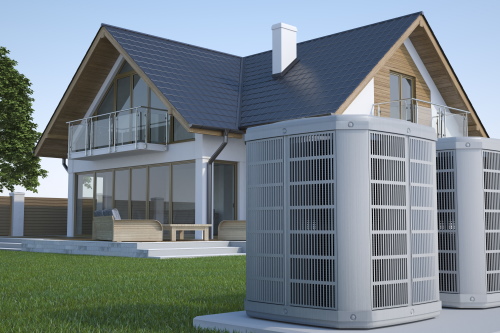
Air Sourced Heat Pump Installations
With the change in drive towards more renewable energy and heating systems, air source heat pumps are becoming increasingly popular. One of the benefits of ASHPs are that they are suitable in a range of homes or building projects. They are also excellent at heating properties in a more efficient and cost-effective way.
Another good thing about air sourced heat pumps, is that they are relatively easy to install, with any additional groundworks required being kept to a minimum.
Checking Your Home Is Suitable
Before deciding on whether you want to have an air course heat pump installed at your home, there are some things that you will need to check first.
Here are 3 important things to look for:
Air Sourced Heat Pumps Installation Planning Permission
Within the category of permitted development, most air sourced heat pump installations will fall without requiring any planning permission. However, with that said, it is still important to verify thar your installation does not require permission. Just to be on the safe side.
When it comes to listed properties, normally within a conservation area, planning permission may be required. Similarly, with the installation of multiple pumps, this may require additional planning permission.
Insulation
Checking the amount of insulation currently installed at a property before deciding on installing an air sourced heat pump is important. The concept behind the air source heat pumps is to heat air that is currently being sourced. If the property is lacking insulation, this will result in a loss of heat. Thus, rendering the use of an air sourced heat pump ineffective.
For a more efficient and effective air sourced heat pump installation, a well-insulated property will prevent any heat from escaping, thus allowing the pump to work more efficiently at lower flow rate temperatures, Thus providing the homeowner with an efficient and effect home heating system.
Heat emitting source
For air sourced heat pumps to operate at maximum efficiency, they need to be connected to a low temperature emitter. Normally underfloor heating or radiators. Or even a combination of both. Most new build houses do not come equipped with under floor heating (unless requested during the build stages), therefore leaving radiators as the primary source of low heating emission.
Should radiators be the only option (or even preferred option), it important to note that the radiators will need to be adapted to fit in line with the lower water flow temperatures that are associated with air sourced heat pumps. Which normally end up being much larger than the standard ones installed on properties which are used with a gas or oil boiler.
Will I benefit from an Air Source Heat Pump?
 Air sourced heat pumps offer what some would class as “free” energy. The reason behind this concept is that the energy that an air sourced heat pump generates, is more that the energy it requires to operate them.
Air sourced heat pumps offer what some would class as “free” energy. The reason behind this concept is that the energy that an air sourced heat pump generates, is more that the energy it requires to operate them.
They can potentially save you money on your heating and electric bills. Even more so for those that do not have access to a central gas heating system.
They can also reduce your energy consumption for heating your home or property by around 70-75%, compared to other electric heating systems on the market today.
Our Trusted Engineers
3nergy engineers have decades of experience in installing all types of heating systems. If you are thinking of installing an air sourced heat pump on your property, but have some questions, then why not get in touch with us and let us answer them for you.
Having a more efficient home with a reduction in monthly bills is something that our friendly teams are always willing to assist with. Speak to us today about how we can offer solutions to your heating problems.
